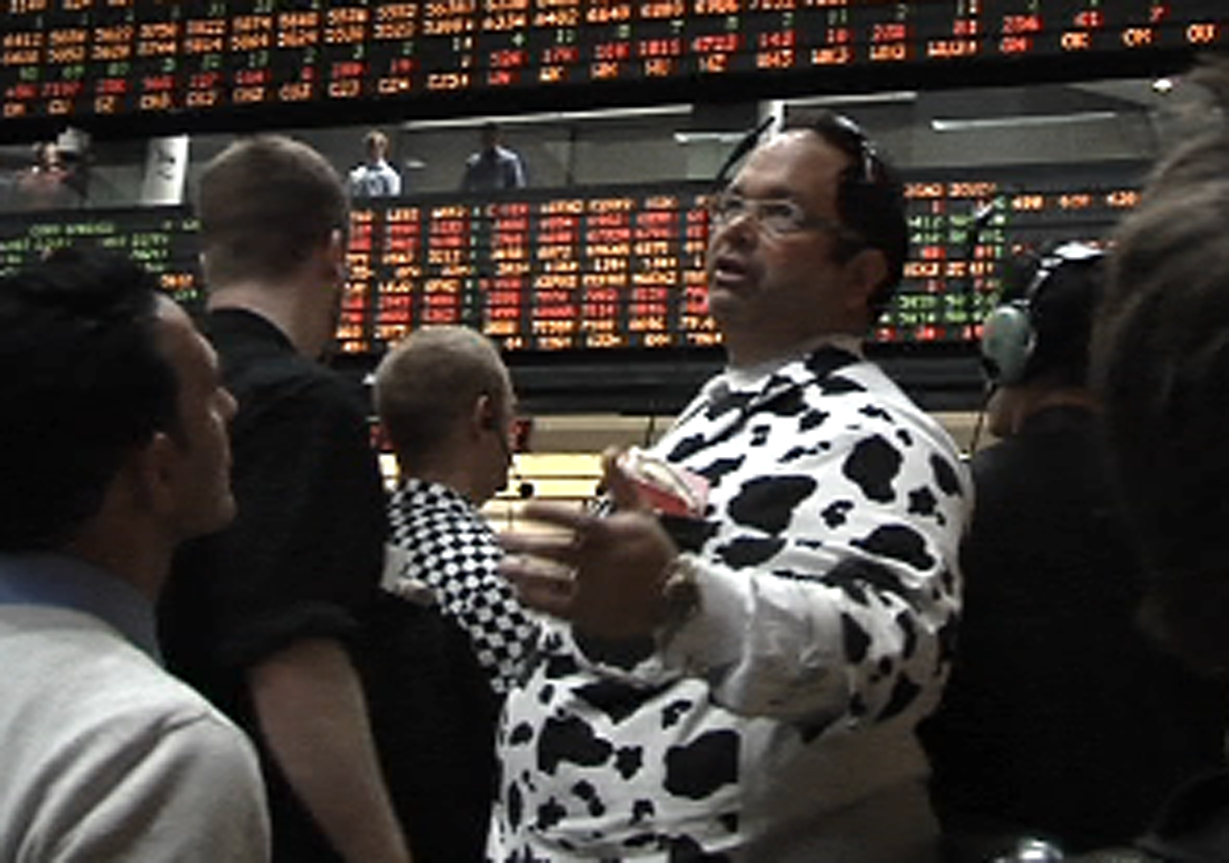
Last month when BATS, a Kansas City-based electronic trading exchange, flubbed its own IPO, rumors flew that high-frequency trading was the culprit. A week later, the company said high-frequency trading had nothing to do with the electronic glitch. Even so, the high-speed trades driven by computers are in the cross-hairs of regulators in Washington, following the May, 2010 "flash crash" that was later blamed in part on the computer-driven trading. But in spite of the controversy, some in the industry say high-frequency trading should be allowed to run its course.
The following is an excerpt of an interview with ICAP US Derivatives manager Scott Shellady, edited for length.
Q: The SEC is trying to regulate it. There have been calls to ban it in some countries. Where do you fall in the debate over high-frequency trading?
Shellady: I don't like it but it's also part of the maturation process that the exchanges have to go through when they move from an open outcry member-owned institution to an electronic shareholder-owned institution. It's just one of those hurdles along the way and how they deal with it will be very important for their long-term success. (If high-speed trading is curtailed or banned), the folks out there that control a lot of these things, the high-frequency trading or the black boxes, they'll figure out something new to try and exploit inefficiencies in the electronic trading market. So it's just one hurdle along the way. It's just part of the journey and not the end result.
Q: What are your thoughts about trying to regulate it?
Shellady: It's like water. Once you plug one area, it just seems to go to the next. I don't have any comfort in the fact that we'll fully clean up the industry and we won't have any new issues whatsoever. I don't have any comfort that it (regulation) will make the biggest difference. You can make high-frequency trading illegal but firms will move on to the next thing that looks like it, but is legal. It's just one of those things we have to deal with.
Q: There is this debate that high-frequency trading causes volatility on one hand, but on the other hand it increases liquidity in the markets. Where do you fall in this argument?
Shellady: I think it increases volatility but I can see someone making the argument for liquidity. Ultimately if you are a pure market theorist, you believe the price is the price. You can't blame anybody. If you don't like it, sell it. Like the "Flash Crash" in May two years ago -- if you wanted to buy the stock market you could. It was screaming lower. I sat there and watched it in my hotel room in New York. I don't want to hear you saying the market is being interrupted. The market is the market. That is the price. We've had this argument with food inflation at the (Chicago) Board of Trade for a while now. A lot of countries are complaining that corn or soybean or wheat prices are too high. Well, I mean, if it's too high then go short or start planting. Do something about it. At the end of the day, the market only bears what the market bears.
Q: What do you make of companies digging trenches between New York and Chicago to increase execution speed by milliseconds or setting up co-locations inside the exchanges. Do you think that gives an unfair advantage?
Shellady: Yes it does, but that's the way it is. That's been happening for 20 years. When the Deutsche Böurse was the only electronic bond market doing a decent amount of business in Frankfort, the most expensive real estate was directly next to the server building. This is no surprise. This is old news. No matter what you say, no matter what your bandwidth is, if I am calling Australia and you're calling Australia and you're in Australia, I guarantee you'll beat me every time.
Q: How has it affected your business strategy being that there is less volume in the market, but more of it comes from high-frequency trading? Has it changed the way you do business?
Shellady: It doesn't really. Our strategy is long-term. We build products and strategies to benefit over a one-, six- and 12-month interval rather than a nanosecond. What we call a lot of those strategies you're talking about is white noise, or background noise. If I was to pull out of this situation and take a 45,000-foot view and look at it, they (high-frequency traders) serve a purpose. They're exploiting the market inefficiencies and then we have to make a rule so that doesn't happen again. So the sooner that they hurry up and exploit as many inefficiencies as possible, the quicker we get to a more stable, fair price platform.
Q: Thank you, Scott. Is there anything you would like to add?
Shellady: It's going to be a tough choice for exchanges in how they want to regulate. It's like owning the Cubs and saying you don't want people coming to the game. It's a very difficult question going forward for the exchanges.

Shellady says the idea of traders getting a competitive advantage is nothing new.